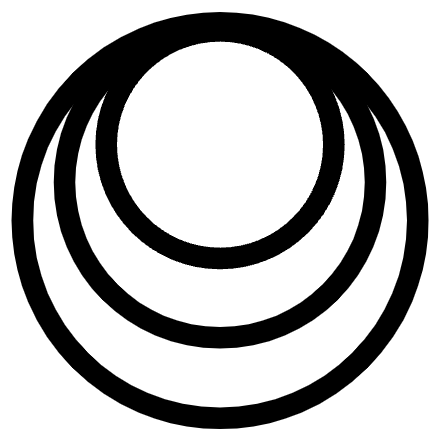The essential principle of selfism is that the truth is something I can instantly validate through my direct experience. The selfist truths are experiential, and do not require the study of abstract concepts from thirdself gurus, experts, and authorities. They are easy to understand, but difficult to believe because they challenge the familiar model. No part of the selfist model is unattainable due to lack of experience; if I cannot directly know it, then it is not part of the selfist truth. The first hurdle to accepting an experiential model of my existence is intellectual, but with time it becomes intuitive and replaces my familiar conceptual notions.
Everything I need to know comes from direct self-examination and ever more concise articulation of my experience. The act of articulating by writing or speaking is an injection into my thirdself, challenging and killing the illness where it manifests. Conceptual and perceptual constraint are also useful in my treatment.
Through familiarity and illness I have come to believe that the “true” existence is the one I experience when I awaken and open my eyes; that the space full of people, places, and things that I experience “around” my body is persistent. But this is not true, and I can easily demonstrate it by closing my eyes. The sense of space around me persists, but all the different constituent people, places, and things disappear. I have to imagine that those things still endure perceptually, but I can only conceptually experience them. That violates the core principle of selfism: my experience in this moment is the totality of existence.
So how do I reconcile this? My goal must always be to explain my experience as it is in my moment, without imagination. Doing that, I see that the people and objects, thoughts and ideas, do not persist when I close my eyes. However, the sense of “space” does. Eyes open, I see people, objects, and places. Eyes closed, I do not see people, objects, or places, but I sense the same “space”. The enduring features of my eyes-closed and eyes-open experience are “space” and “me”. The people, objects, and places do not endure.
With practice, I can see that “me” and the “space” are the same thing. The sense of differentiation I experience is an artifact of my eyes-open state, and thus my awakening. It is only there if I choose to open my eyes, whereas “me” and the “space” are always here whether I open my eyes or not. I am permanent, but the things I think are separate from me when my eyes are open are not permanent; they are an artifact of my awakening.
Through familiarity, I have gotten it backwards: I have come to believe that that “the world” endures, and I am temporary. But the truth is the opposite: I endure, but the world is just an artifact of my awakened state. I can easily demonstrate this to myself as many times as I want by simply opening and closing my eyes and describing my actual experience, not my imagined experience.
My body that I see when my eyes are open is actually just the border between my secondself and thirdself constellations. These constellations are distortions that are present when I awaken. They distract me from my desire to end my desire, drawing out my innards and convincing me that they are not me. That they are separate from me. My awakening is then the constant and painful experience of trying to piece myself back together, but unable to. The constant pursuit of relief that never permanently satisfies. It is only release, by closing my eyes and not returning here, that I can find the release I seek. The end of my desire.
…
